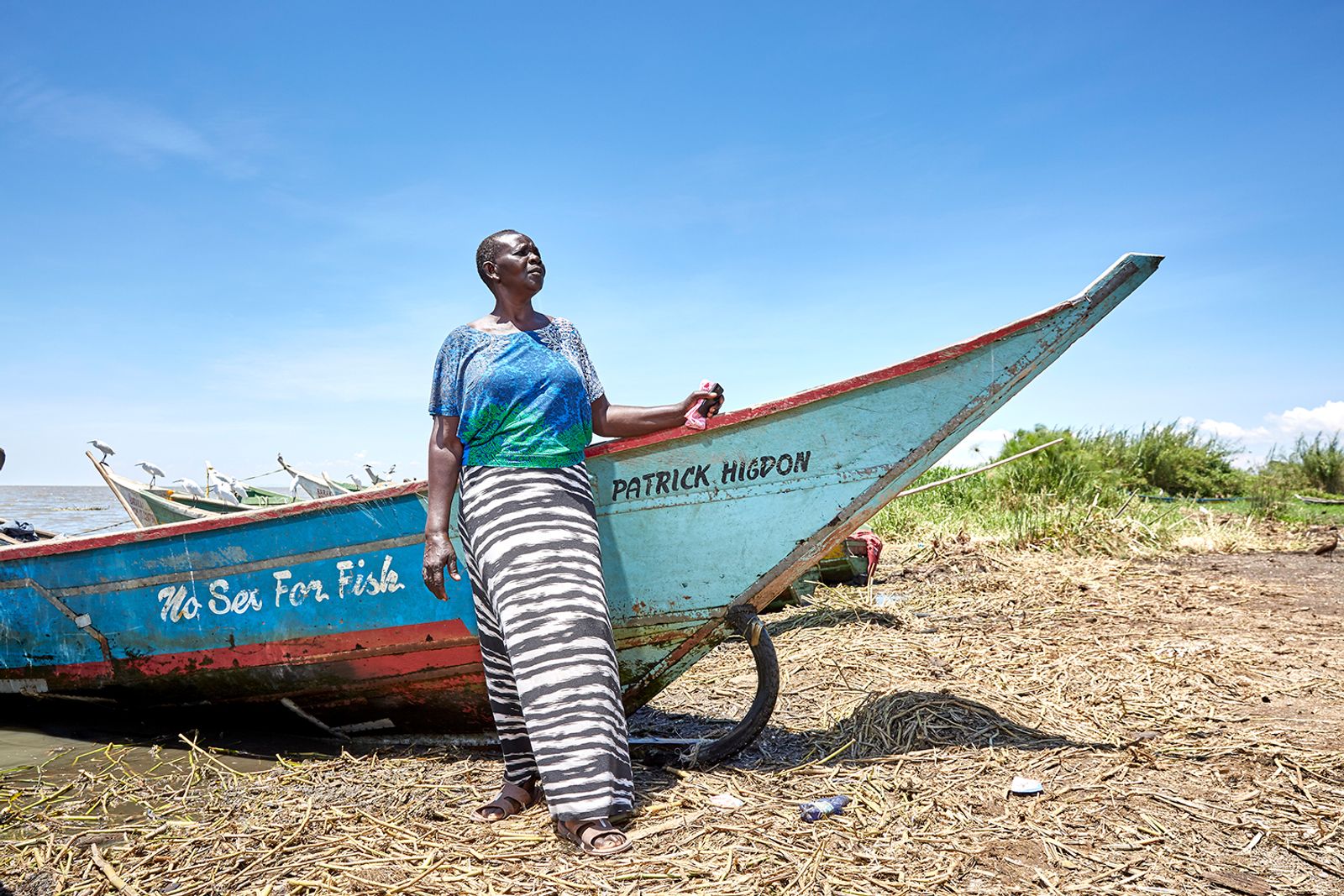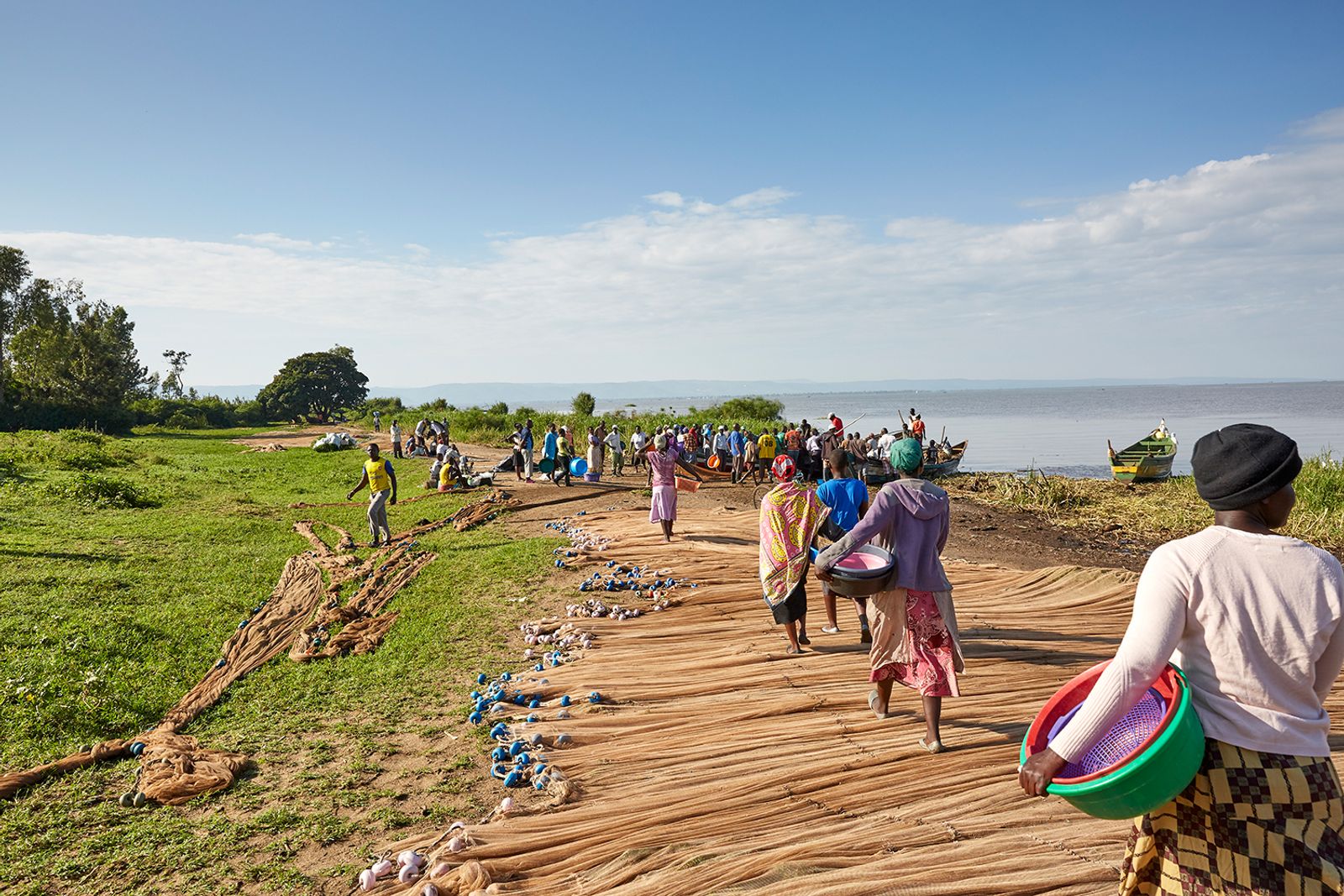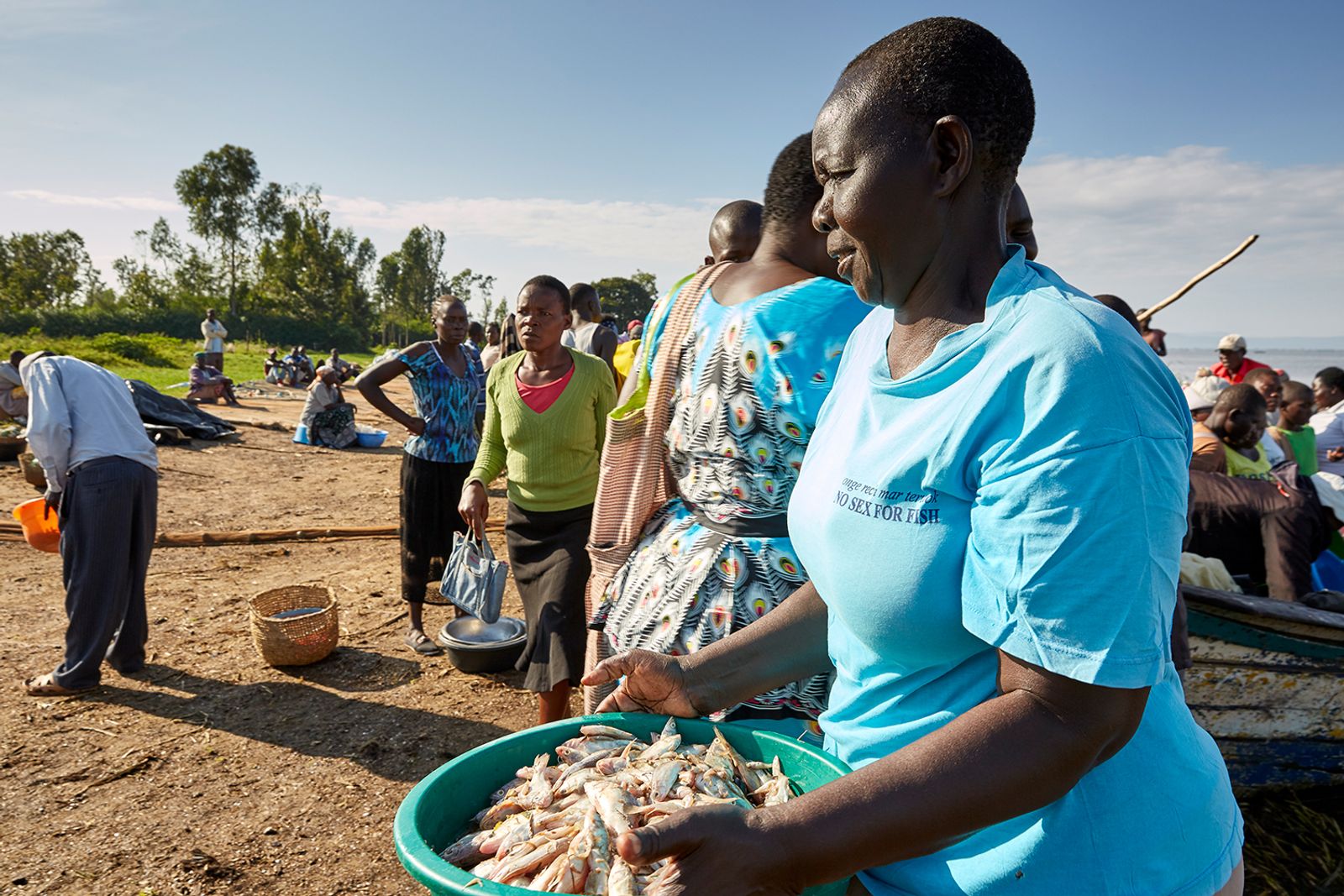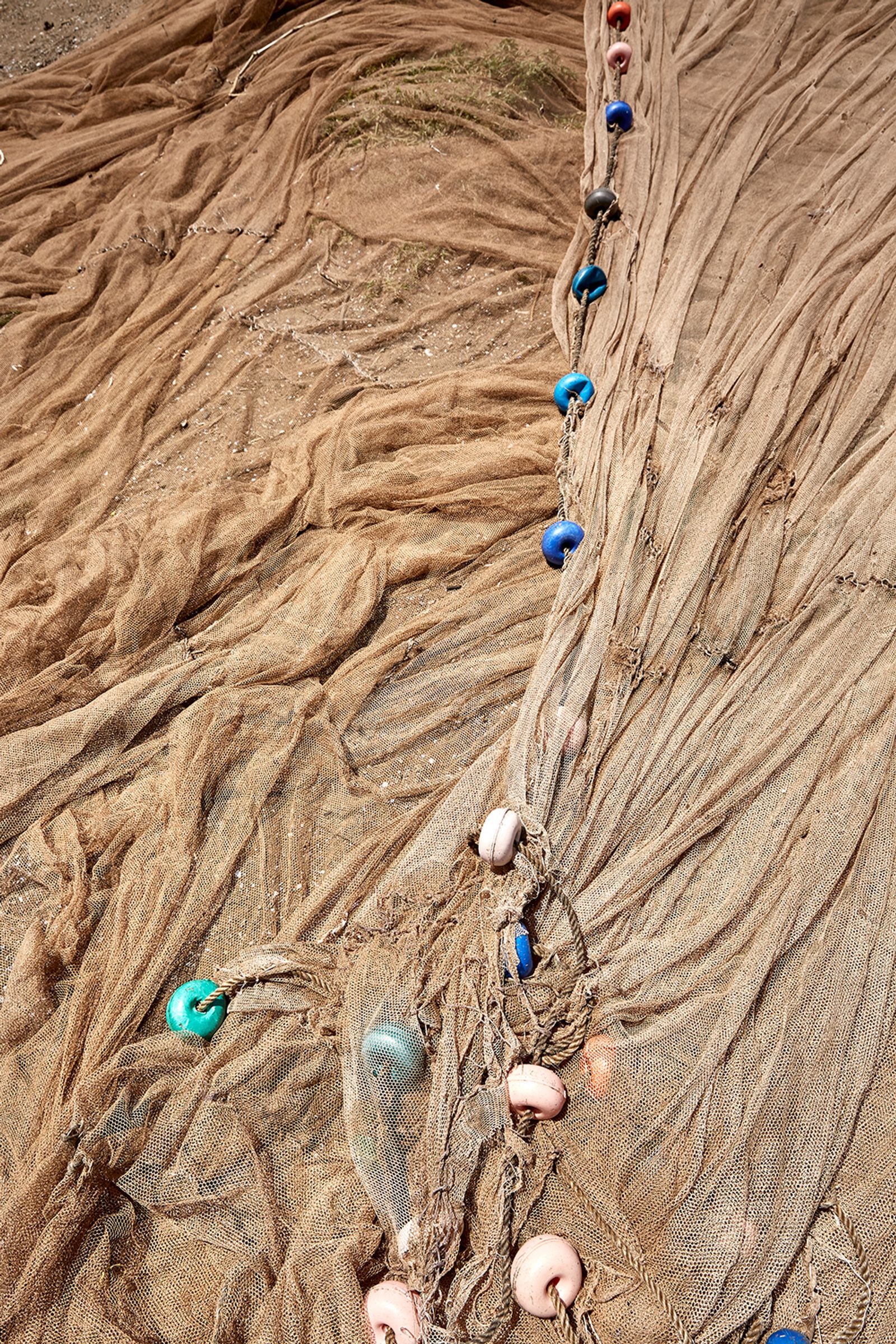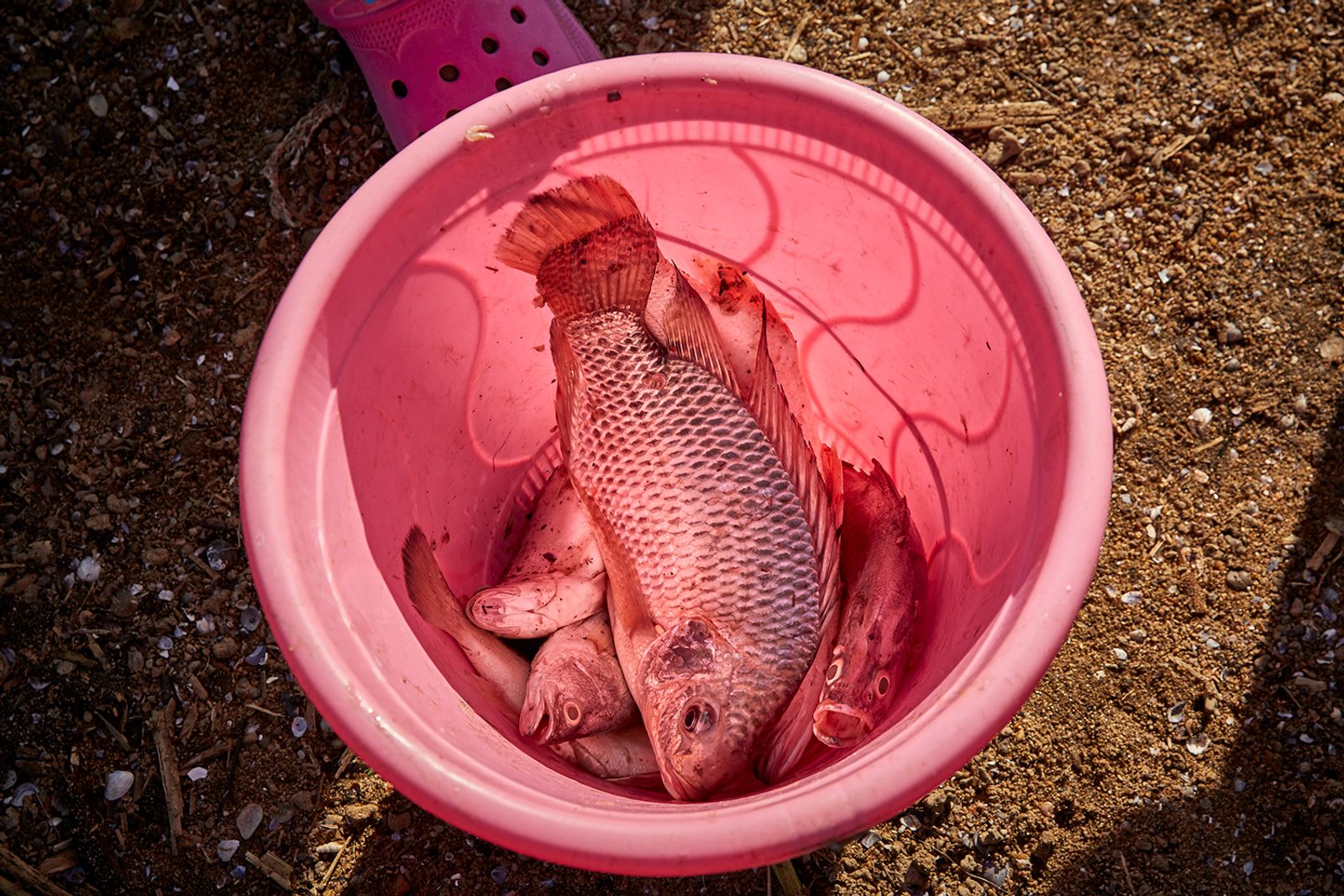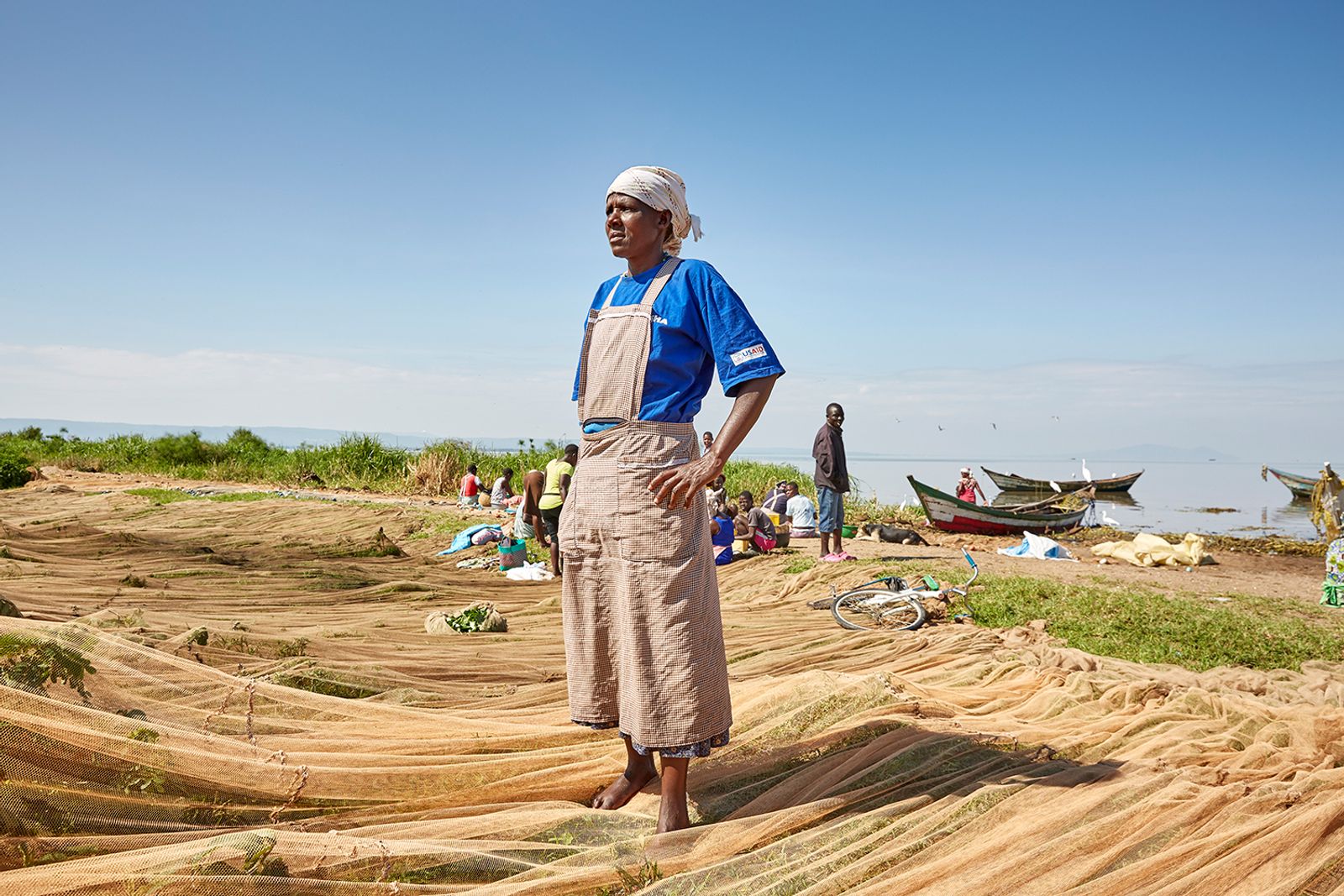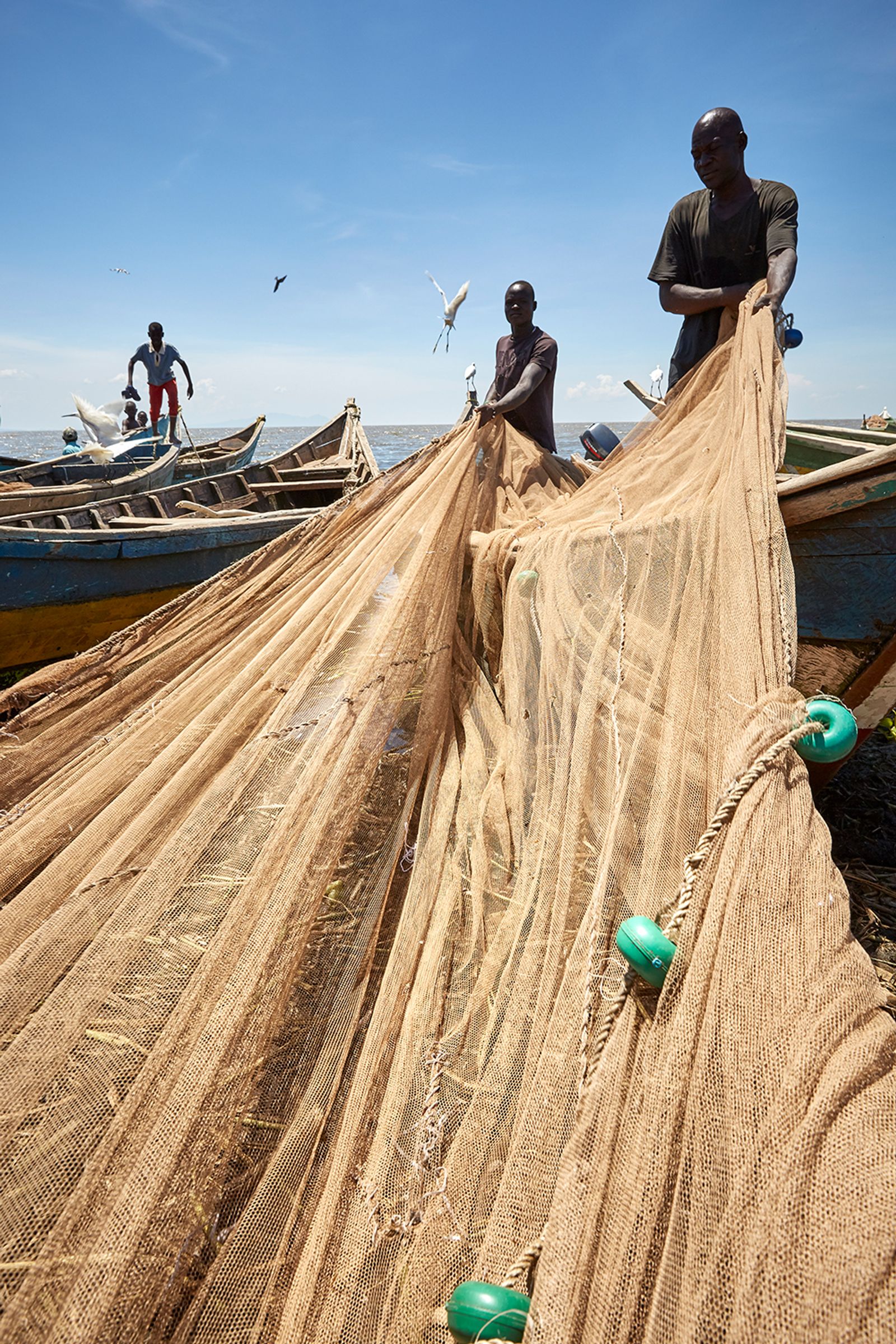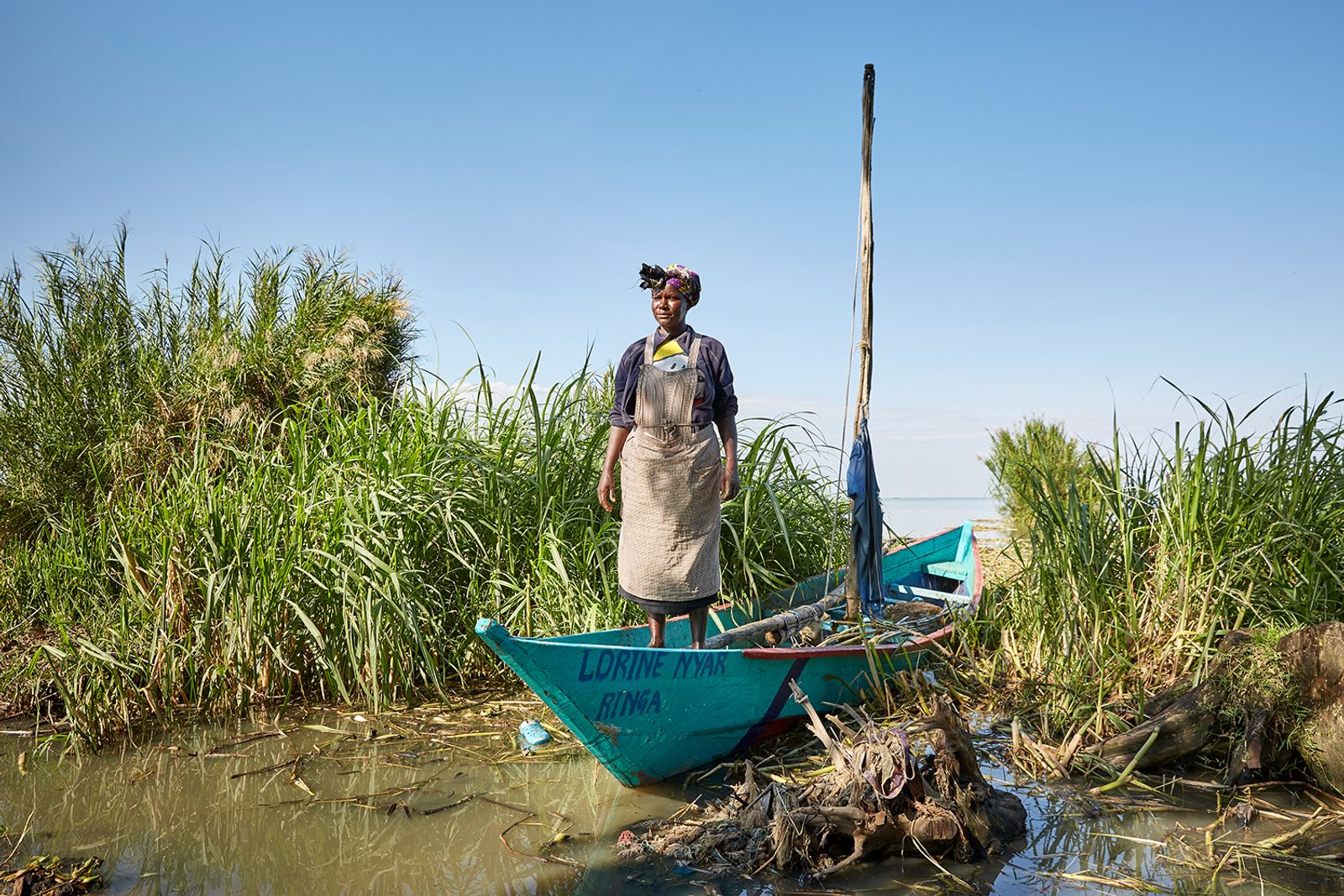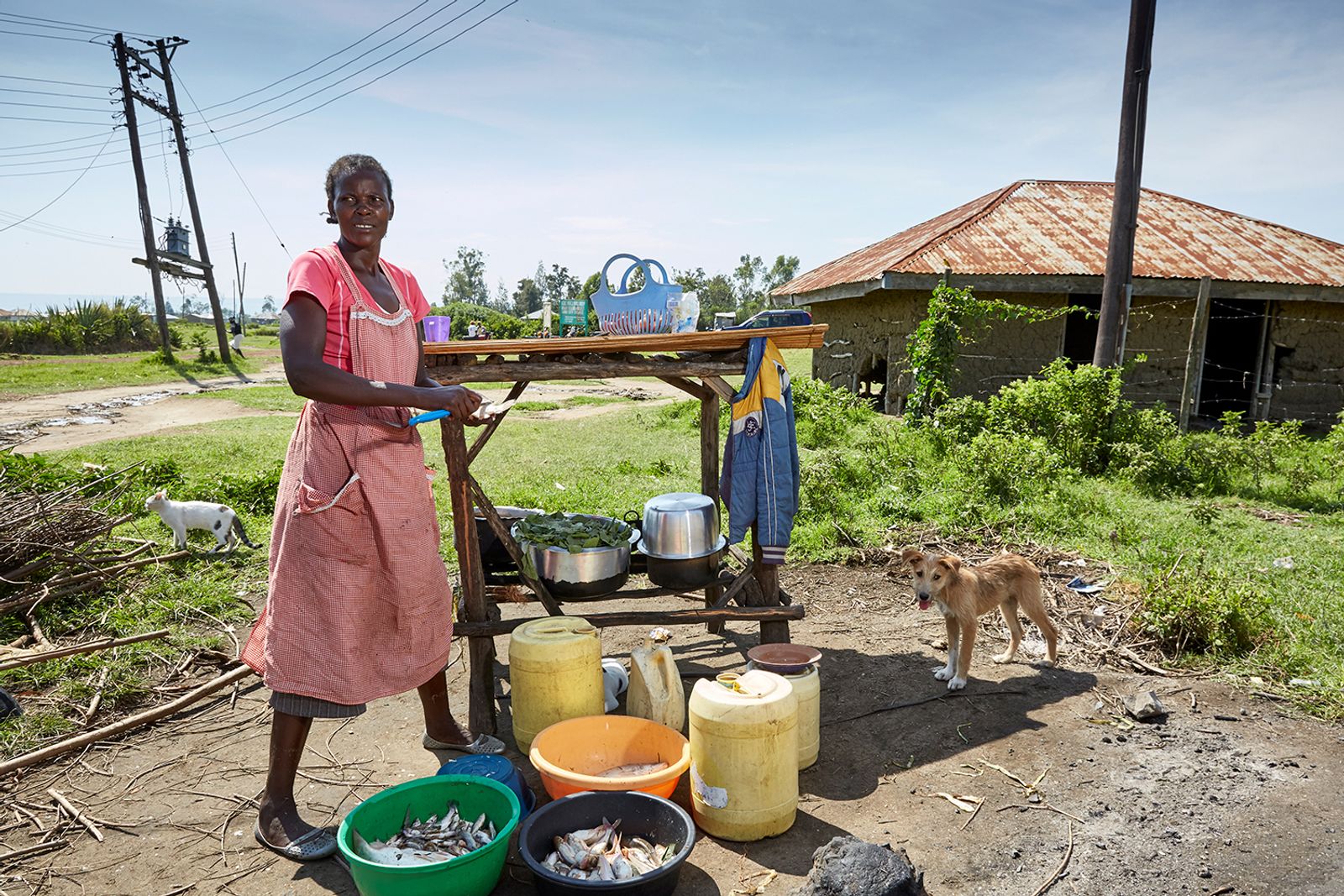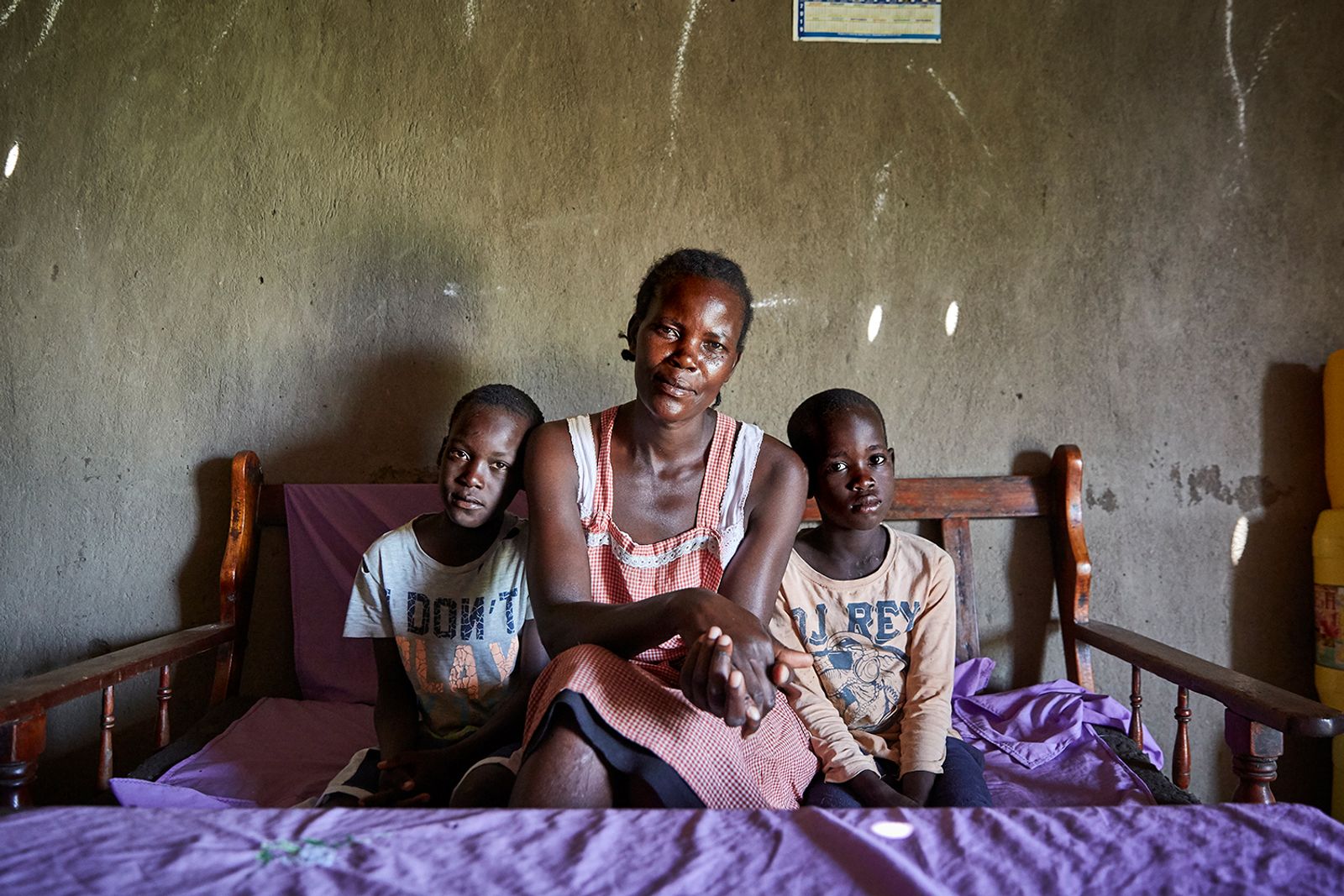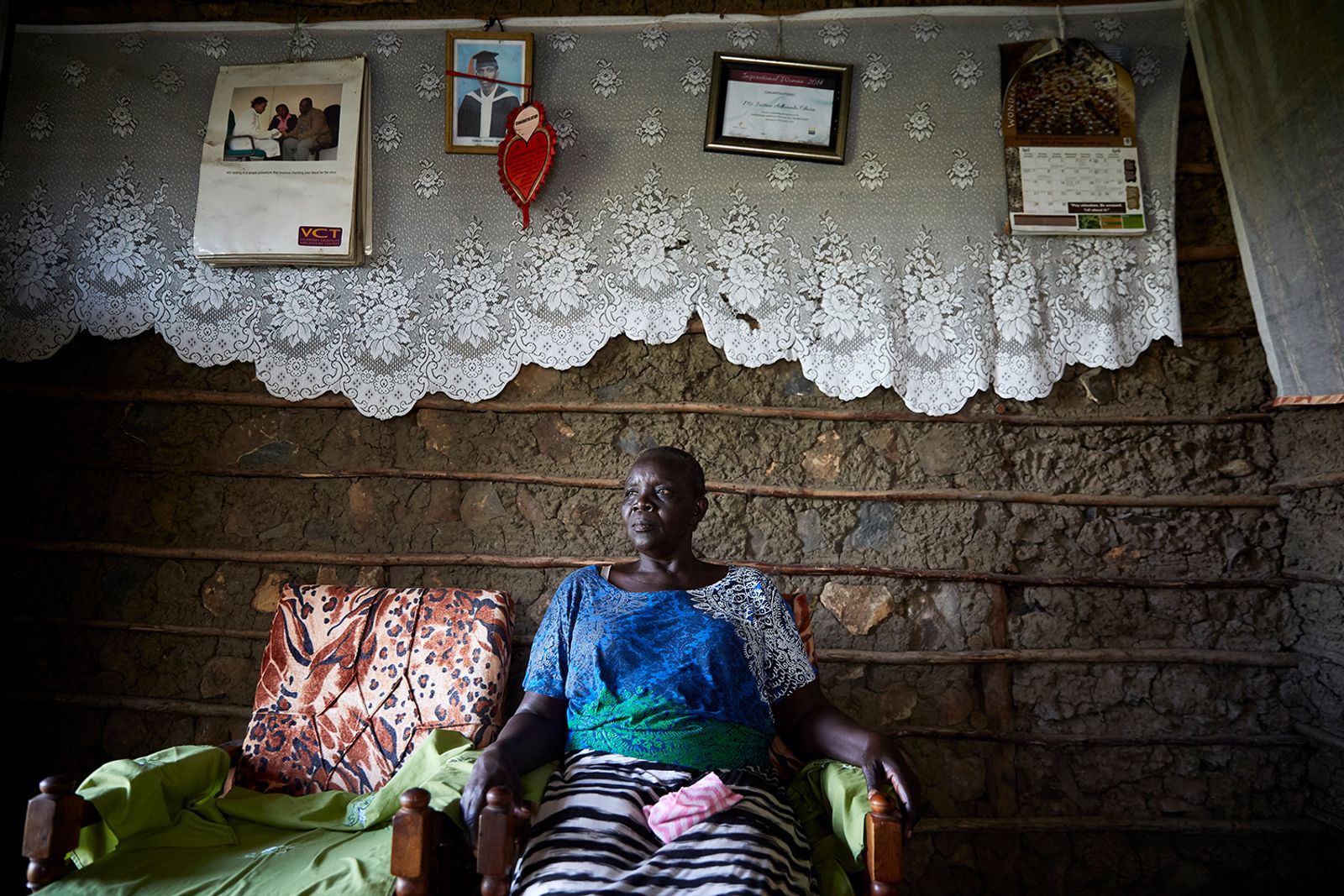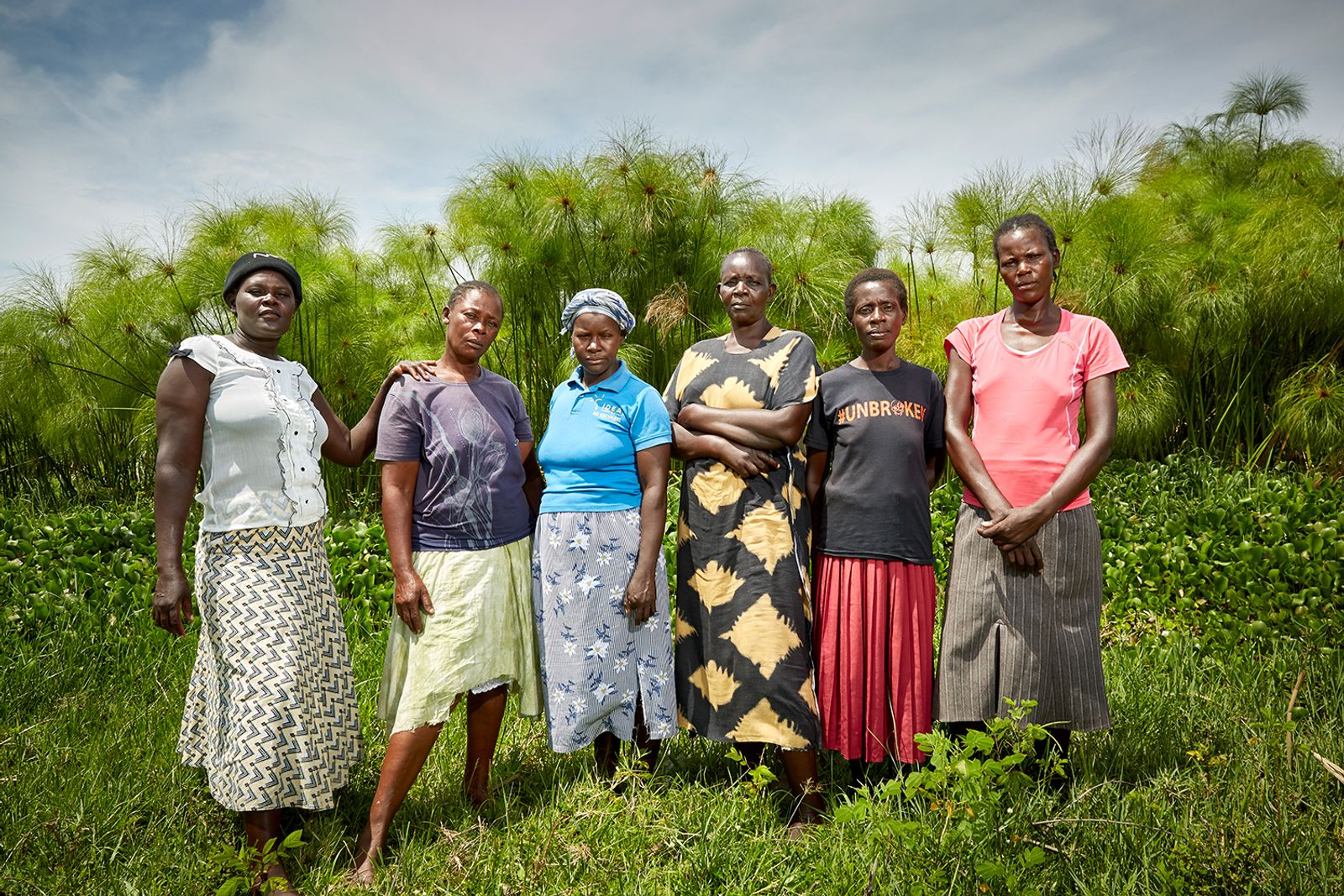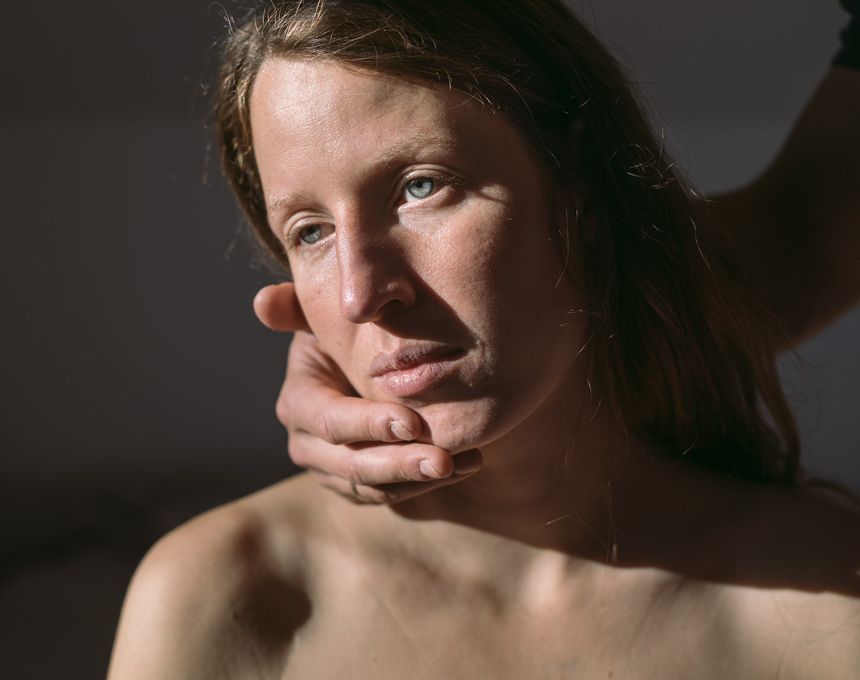No Sex For Fish
-
Dates2019 - 2019
-
Author
As in many places around the world, the fishing industry along Lake Victoria is divided by gender. Men, only, do the fishing as they own the boats. Women buy fish from the fishermen to sell at markets or in the cities.
This skewed power dynamic has resulted in ‘jaboya’: the practice of trading sex for fish. The fishermen control the supply, and the women, mostly widowed or unmarried, depend on the fish for survival. The resulting ‘trade’ not only drives a high rate of HIV prevalence in local communities, but the lack of economic opportunities in the region means the women fish traders cannot stop it from happening. The declining fish numbers in the lake only add to the reduction of bargaining power that the women have.
But on Nduru Beach, in 2010, one group of women tried and stop ‘jaboya’. They called themselves ‘No-Sex-For-Fish’. Working together with local and international aid organisations, the women bought their own boats, allowing them to control the supply of fish, and making the need for ‘jaboya’ redundant. Not only were the women who owned the boats now able to make a living, they also sold fish to other women traders who no longer had to engage in transactional sex.
Recently, however, the group has been struggling. When I photographed ‘No-Sex-For-Fish’ in November 2019, several of the boats were leaking, and outboard motors had disappeared. Yet despite their financial troubles, the women believe in what they are doing. While they wait for their grant application for extra funding, they continue to educate their communities about the dangers of HIV/AIDS.
This series, shot for NPR with Rebecca Davis and Marc Silver, directly resulted from a story that writer Nick Schönfeld and I did in 2018 on the transactional sex trade in Malawi’s inland fisheries.
